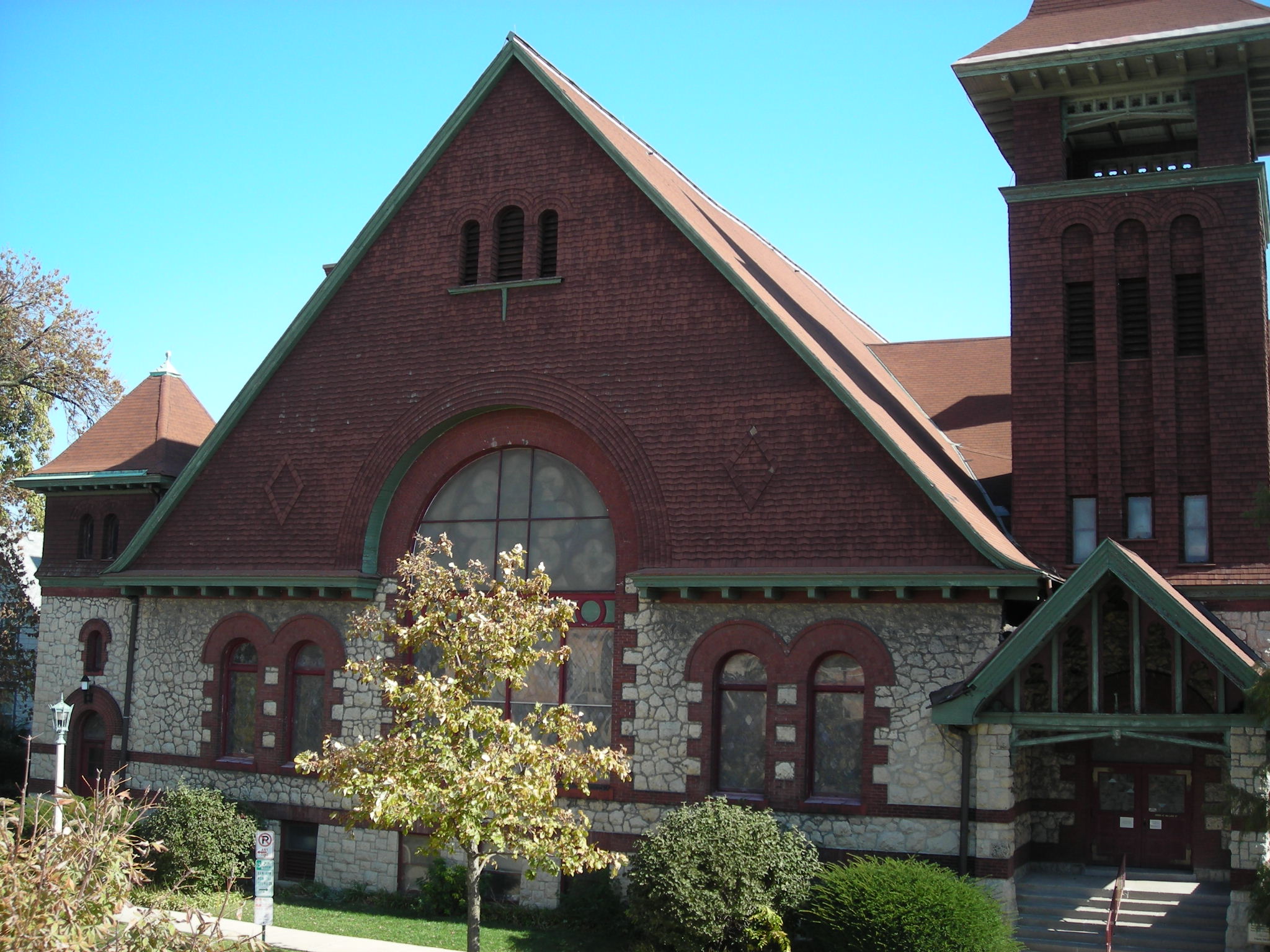
Making Meaning of a Grisly Death
Tim: I trust you had a blessed Easter
Shea: It was a very rich time of sacred reflection, followed by celebration. And you?
Tim: I experienced the same thing. In my reflection, though, I kept my eye on our new series, “Once, For All: Reconsidering Atonement.” Particularly during the Maundy Thursday and Good Friday services, I was struck with a notion. The grisly death of Jesus—along with the flagrant injustices that enabled his execution—was so traumatic his followers are still struggling to process what really happened over 2000 years later. It’s become a fixation of sorts.
Shea: Trying to make meaning of the cross is Christianity’s greatest obsession. We want all the pieces to fall into place so everything makes sense. But they refuse to go that way. For example, if we sanctify the crucifixion as “God’s redemptive plan,” we sanctify the violence and humiliation Jesus endured as divinely ordained. That doesn’t work.
Tim: No, it doesn’t. There’s also the harrowing moment when Jesus realizes he’s lost touch with God. “Why have you abandoned me?” he cries out. But has God abandoned him? It would seem just when Jesus is most vulnerable God’s presence would be most present—if what we say about God is true.
Shea: Many suggest God turns looks away because the sin Jesus carries is too horrible for God to behold. But that reassigns blame for Jesus’s murder. It’s no longer the corrupt powers of his day who perpetrate this inhumane act. It’s we who bear responsibility. That’s a big leap without much to back it up.
Tim: But there are many scriptures that implicate us in this drama. Paul tells the Romans, “While we were still sinners, Christ died for us” (Rom. 5:8).
Shea: The unconditional grace evidenced in Jesus’s submission to death reaches us despite our separation from God. That’s true. But remember Paul sets that idea up with, “God demonstrates God’s own love for us…” He never suggests we’re to blame. That flies in the face of his assertion there is no condemnation for those who are in Christ Jesus (Rom. 8:1).
Tim: The cross provides freedom from guilt and shame. Yet we keep trying to turn the particular trauma of Jesus’s death into a universal blame game. God becomes the punisher. Spilled blood and torn flesh turn Jesus into a vicarious victim. Now we get into a very difficult spot where we begin to equate an unjust execution with ancient animal sacrifice rituals—trying to read sacred meaning into a traumatic event metaphorically, never asking if the metaphor works.
Shea: And ignoring the fact that the tradition we draw on—Judaism—expressly forbade human sacrifice, which raises all kinds of warning signs.
Tim: So how do we make meaning of the cross?
Shea: We start where Jesus started, with the Kingdom of God. Jesus dies because his commitment to God’s reign puts him at odds with a corrupt dictatorship. He submits because he knows something that his executioners can’t imagine. The real story happens when he destroys the hold that sin and death has on us all. Yes, the death is horrific. But it’s not the point. The rising is what this story is really about.
Tim: That will preach, my friend! You’ve given us a great start to a very complex subject. I’m really excited to see where these discussions lead us!

Don’t miss this three-part study, “Once, For All: Reconsidering Atonement,” every Thursday evening at 7:30 CDT. You can join us in person at Pilgrim Congregational Church (460 Lake Street, Oak Park; Green Line: Ridgeland) or online at FB Live.
We need your help!
As we think about the future of Gather, please let us know what gifts you bring and would like to share with the community. There are many roles that have to come together to make Gather happen every week. This includes setup, technical support, worship, managing handouts and information, coordinating drinks, and teardown. We need your help. Please let us know what type of service you’d be interested in!
Watch God Work,
Tim & Shea
As we prepare to become a vibrant worshipping community, we invite you to enjoy a Spotify playlist that captures the kind of worship we hope to embrace. Give it a spin while you’re driving. Make it your workout jam. Add it to your devotional time. Most of all, feel yourself becoming part of a sacred village of believers who love their God and one another!
Check out the Gather Worship Playlist here.



